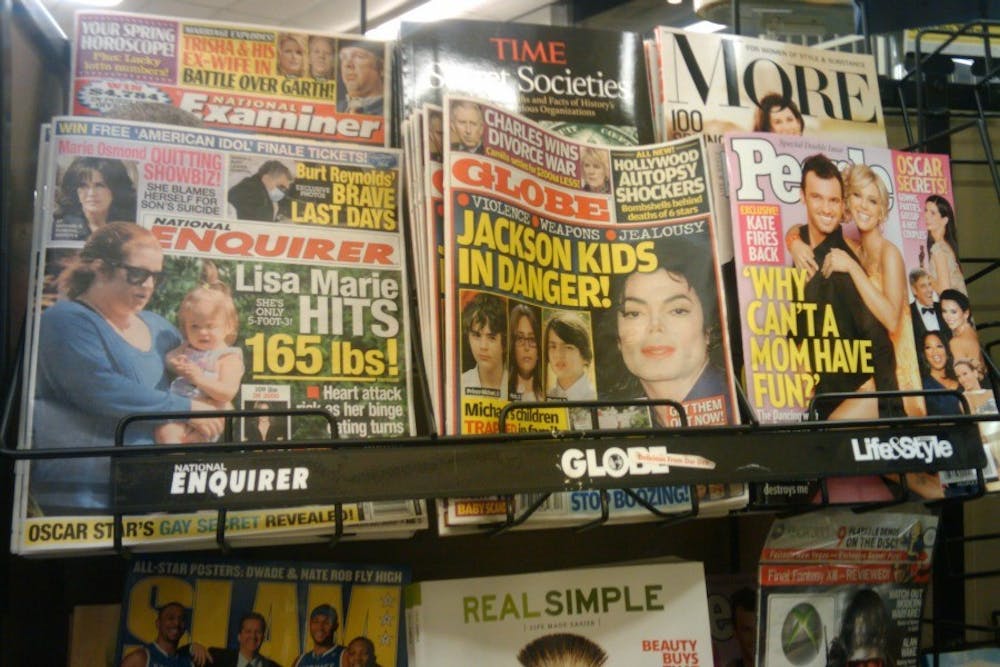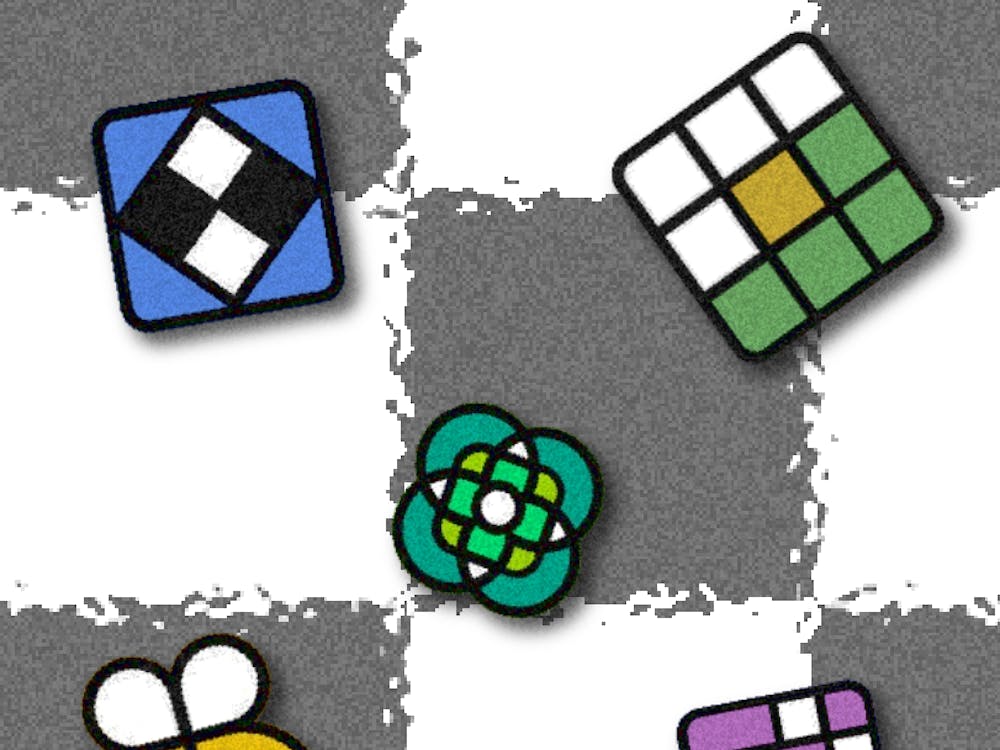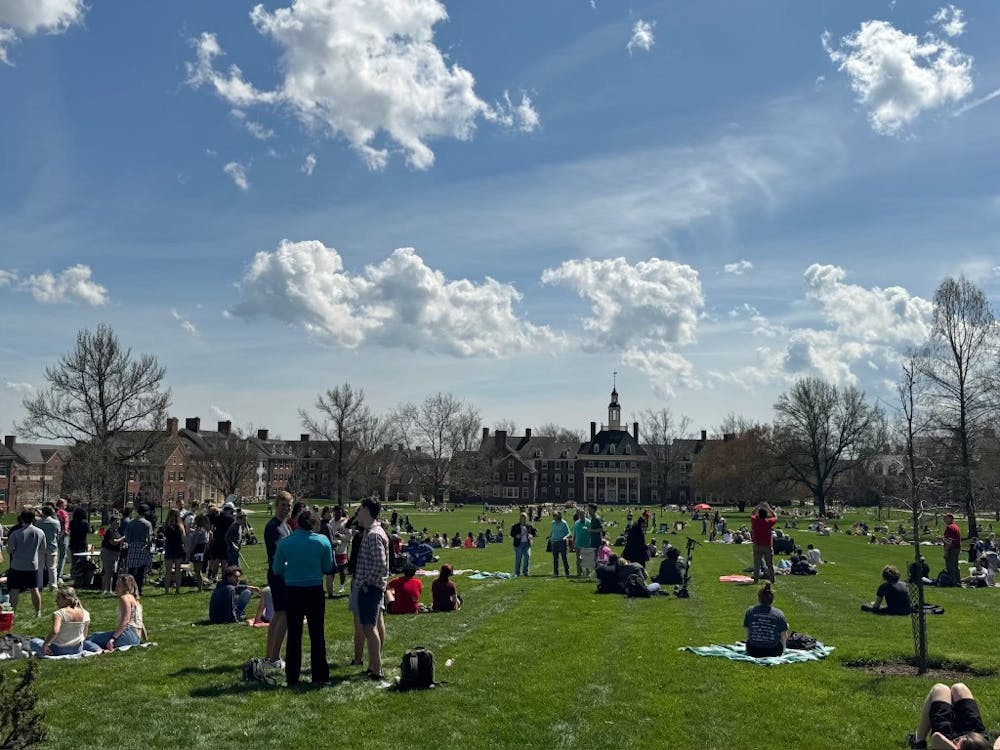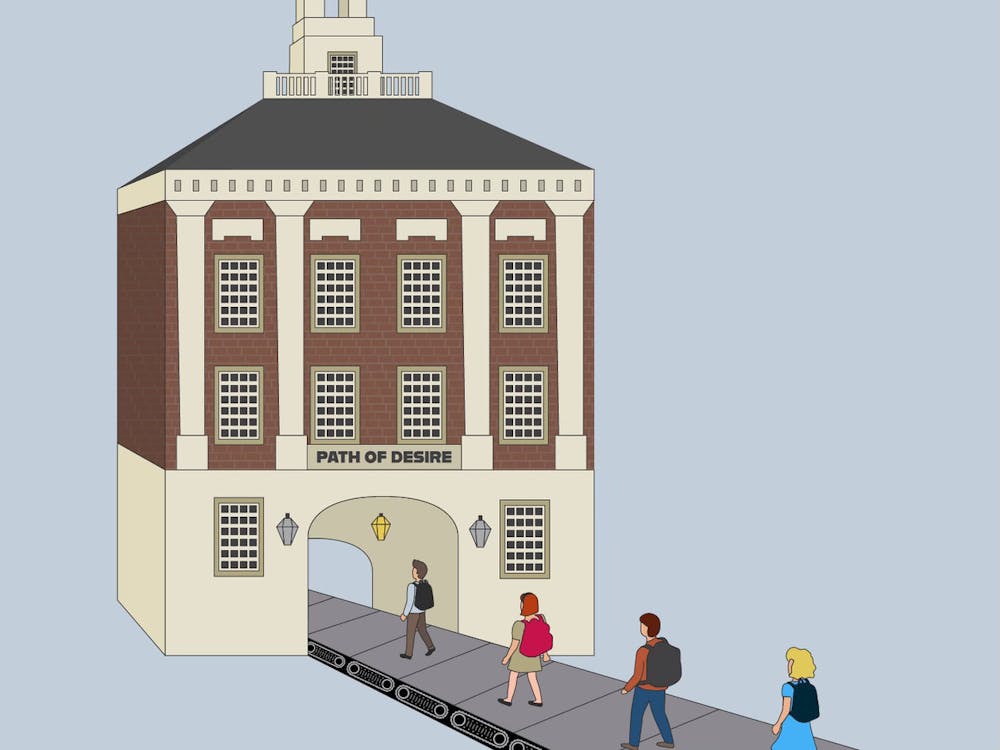Maddie's Matters
By Maddie LaPlante-Dube
Every time I look at the news, I find myself increasingly disappointed.
Real Life Example: while reading a heartbreaking article on the drowning of 950 Libyan and Egyptian immigrants in the Mediterranean Sea last night (April 19th), I am distracted by three separate articles on Christina Aguilera's cleavage, Lady Gaga's cleavage and Jaqueline Bisset's cleavage (But she's Sexy at 70!, so it's okay, right?).
Near a video of ISIS' latest horrific propaganda murder, this time on the shooting and beheading of a group of Ethiopian Christians in Libya, articles detailing Coachella outfits, including Paris Hilton's floral cat ears and Jaden Smith's mini dress, wait to be read.
Dailymail.co.uk's top story today is about a couple buying an extremely rare Beanie Baby unknowingly, and under its DON'T MISS column, a picture of Kourtney Kardashian pumping breastmilk sits with a headline that reads, "She's got some bottle!"
And the rest is competition. Clicking on the general link for Google News, a Daily Mail article on the Mediterranean capsize is replaced by a New York Times article on the same event, written slightly differently and posted more recently.
Then there's the fact that there's rarely any good news to read. Is there any news that reflects positively about our society that has nothing to do with cat videos and Coachella? Do those things even reflect positively about our society? What does it say that a top story on a news website has to do with a Beanie Baby?
The Guardian recently interviewed Jon Stewart, the retiring host of Comedy Central's The Daily Show, on why he ultimately decided to leave. His words resonated with me, as they have over the past 17 years with so many other young adults. He described going over 24-hour news looking for material (and especially looking through material coming from FOX) as "depressing."
"It's generally heartbreaking," he said of his job. "That's what the gig is."
And to me, this description makes perfect sense. We have come to a time when news has to include the flash of celebrities in a sidebar just to generate more clicks. Even on The Guardian's website, the most popular story in the U.S. this week is this interview with Jon Stewart (a popularity that, admittedly, makes sense, seeing as a 2009 TIME poll named him the most trusted newscaster in America. And his show is fake news).
Heartbreaking is a perfect word for the way that some news organizations have begun to fail us, and for the fact that the general public has no idea about the ways in which these organizations are addressing this issue. Even as a journalism student, I am fuzzy on how the news plans to win back its audience's trust and attention without using the cheapness of celebrity culture or duality politics.
Enjoy what you're reading?
Signup for our newsletter
I also worry for people in towns like Oxford, and for uninformed college students on their way into the real world. Does anyone here know about the fact that human trafficking across the Mediterranean has been a problem for a long time now, especially in the wake of terrorism in North Africa and the Middle East? Or is The Miami Student's "Police Beat" the right amount of scandal for them?
Maybe it sounds too idealistic, but people our age have the civic responsibility as well as the unique opportunity to stay informed and make a difference during a time in which a difference must be made. We are the most informed generation so far, but it is what we do with this information that matters, not just the fact that we have it. I simply hope that as students and citizens, we can say that we are not only informed, but that we are also active with that information. And by information, I don't mean anything about whether Kate and William's next baby will be a girl.




